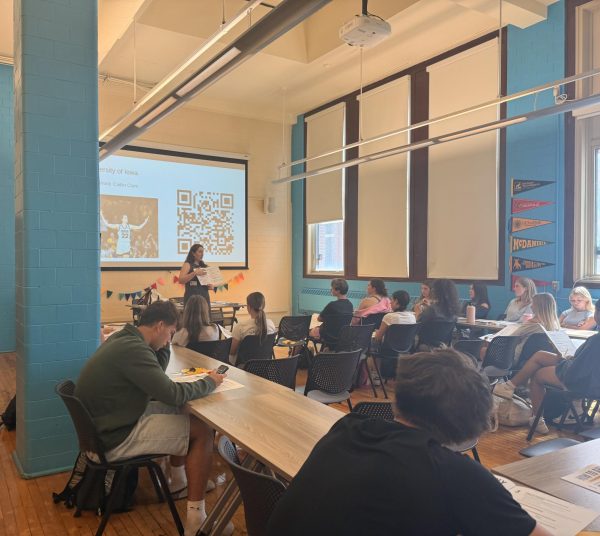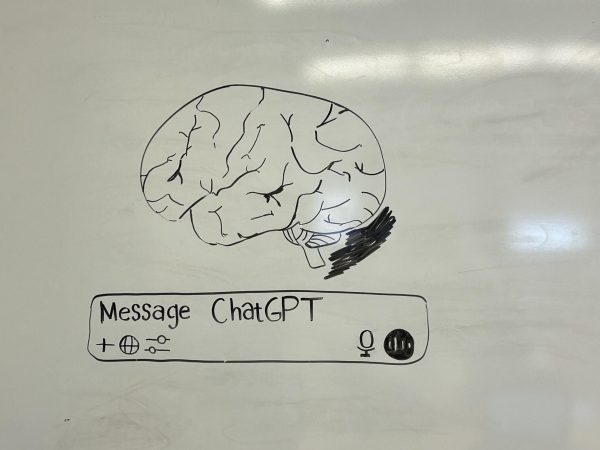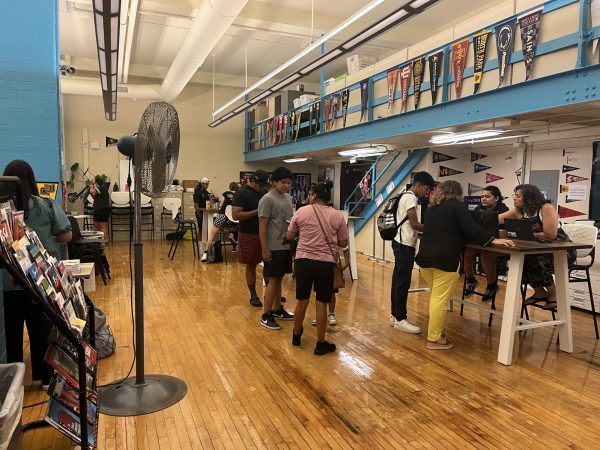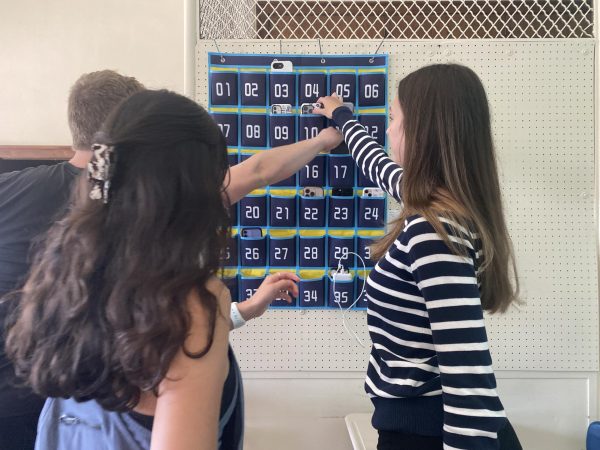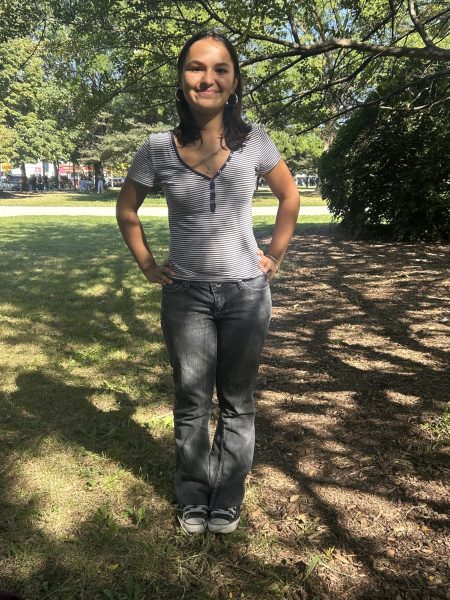Dealing with grief: How to cope with loss
It was a cloudy, dreary evening on Aug. 9 when a myriad of students, teachers, parents, family members and friends gathered around the Lane parking lot for a candlelight vigil and balloon release in memory of Sincere Ash. The distinct sound of wailing filled the air, tears threatening to spill out of each face in the crowd. People clutched each other for support, hugging and embracing as they mourned the loss of another beloved member of the Lane community.
Upon experiencing feelings such as intense grief, one might feel scared or worried about their mental health. However, according to Dr. Gilson, the school psychologist, it is normal and healthy to feel upset or distressed after losing a close friend, especially within the first few weeks of a traumatic experience.
“I would say that grief is healthy and normal and there’s also no one right way to do it,” Gilson said. “And I think, especially if this is the first time that a death has affected you directly, you’re probably experiencing a lot of emotions. There’s obviously curiosity, and fear and sadness.”
It is also not unusual for teens to experience a death during their high school years. According to the National Center for School Crisis Bereavement, most students will experience the death of a family member or friend before completing high school.
Gilson emphasized that while grief is very typical and a natural part of a traumatic experience, it is important to monitor your overall mental health and behavior during the grieving process.
“If it’s affecting your sleep, your ability to learn, your relationships, your appetite, if you become despondent, withdrawn, weepy, and it’s affecting your ability to just go about your life in a typical way, it’s affecting your personality,” Gilson said. “That’s when you might need to get added help.”
“If one is struggling with such feelings, there are multiple resources, or ‘spheres,’ where students can obtain different kinds of help,” Gilson said.
At school, students can speak to their counselor, Dr. Gilson or Mr. Cox, the school social worker, if they are in need of additional support.
Assistant Principal Ms. Hanly also noted the importance of students’ counselors in the process of overcoming grief.
“Our counseling staff will be here if anyone’s having a particularly hard time once we’re back to school,” Hanly said. “Certainly, our counselors have the most information for outside sources should students need help beyond beyond the regular school personnel that we offer.”
Additionally, Gilson explained that available resources at school are not limited to the counselors, Mr. Cox and herself.
“It could be a teacher, a para in the special ed department that happens to be in one of your classes, it could be someone in the lunchroom, it could be a guard—anyone—just so you all have someone in mind that you could go to,” Gilson said.
Hanly also said that starting this year, Lane will be hosting talking circles, most likely during lunch periods. These talking circles would sometimes cover grief, but also different social and emotional topics.
Hanly said that the talking circles are mainly a result of a social and emotional survey sent out to students at the end of last school year.
“One of the things we want to look into this year is having more opportunities for kids to have a place to express themselves,” Hanly said.
Aside from school, Gilson explained that it would be very beneficial for one to speak to their parent or guardian about their feelings of grief, if needed. She suggested that students could discuss ways that would accommodate them at home, such as brainstorming coping strategies or talking more about their needs.
“There’s support that they can provide to you, that your friends, teachers and mentors can’t. No one will know you better,” Gilson said.
Gilson also said that talking to friends and peers is an equally important area of support for teens struggling with grief.
“A lot of kids will come to me and say, ‘I need my friends, but I feel like I’m too much of a bother,’” Gilson said. “But then I always turn the tables on them and say, ‘If your friend came to you and said I need to talk, I’m having trouble sleeping, I’m not feeling well’, wouldn’t you want them to come to you? So why should it be different?”
Finally, it is important for those struggling with grief to find the things that make them comfortable and happy in order to cope with feelings of stress or sadness.
“Whether it is creating music, journaling, listening to music, exercise, bubble baths or whatever’s your thing — just to have in your mind a set list of the things that calm you and that you are aware of them and can tap into them when you’re feeling vulnerable,” Gilson said.
Gilson advises to use different circles of friends, parents and trusted adults in students’ lives to get help dealing with grief.
If students want to reach out to the school psychologist or social worker, both Dr. Gilson and Mr. Cox are available in Room 213.
Your donations directly fund the Lane Tech student journalism program—covering essential costs like website hosting and technology not supported by our school or district. Your generosity empowers our student reporters to investigate, write, and publish impactful stories that matter to our school community.
This website is more than a publishing platform—it's an archive, a research tool, and a source of truth. Every dollar helps us preserve and grow this resource so future students can learn from and build on the work being done today.
Thank you for supporting the next generation of journalists at Lane Tech College Prep!

Nicole is a senior this year and is one of the Warrior’s chief editors. She has been involved with the Warrior since her junior year and is passionate...

Frank Rodriguez is a senior and second year journalism student. It is his first year as Editor-In-Chief of The Warrior. Frank is a member of Lane’s hockey...

